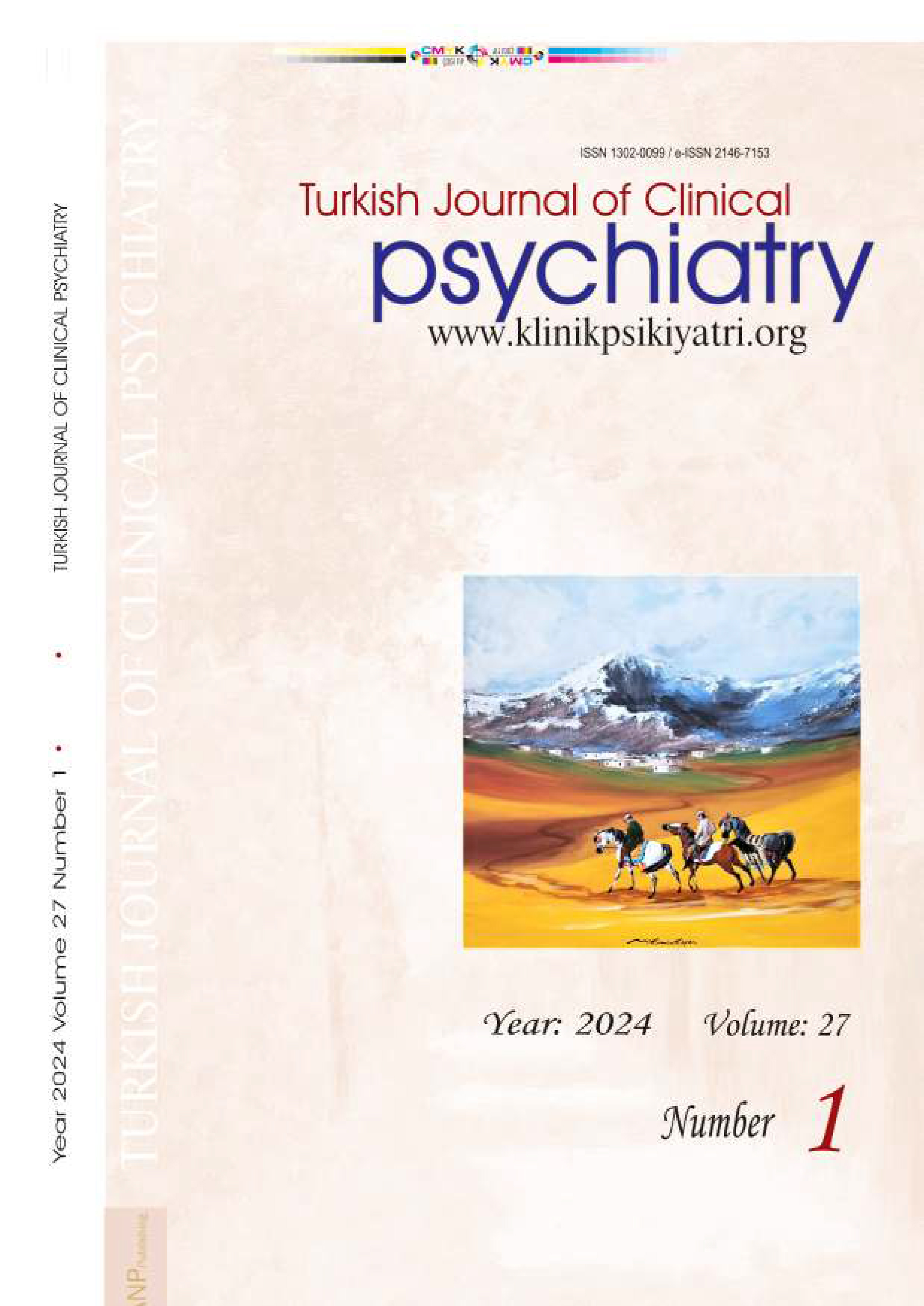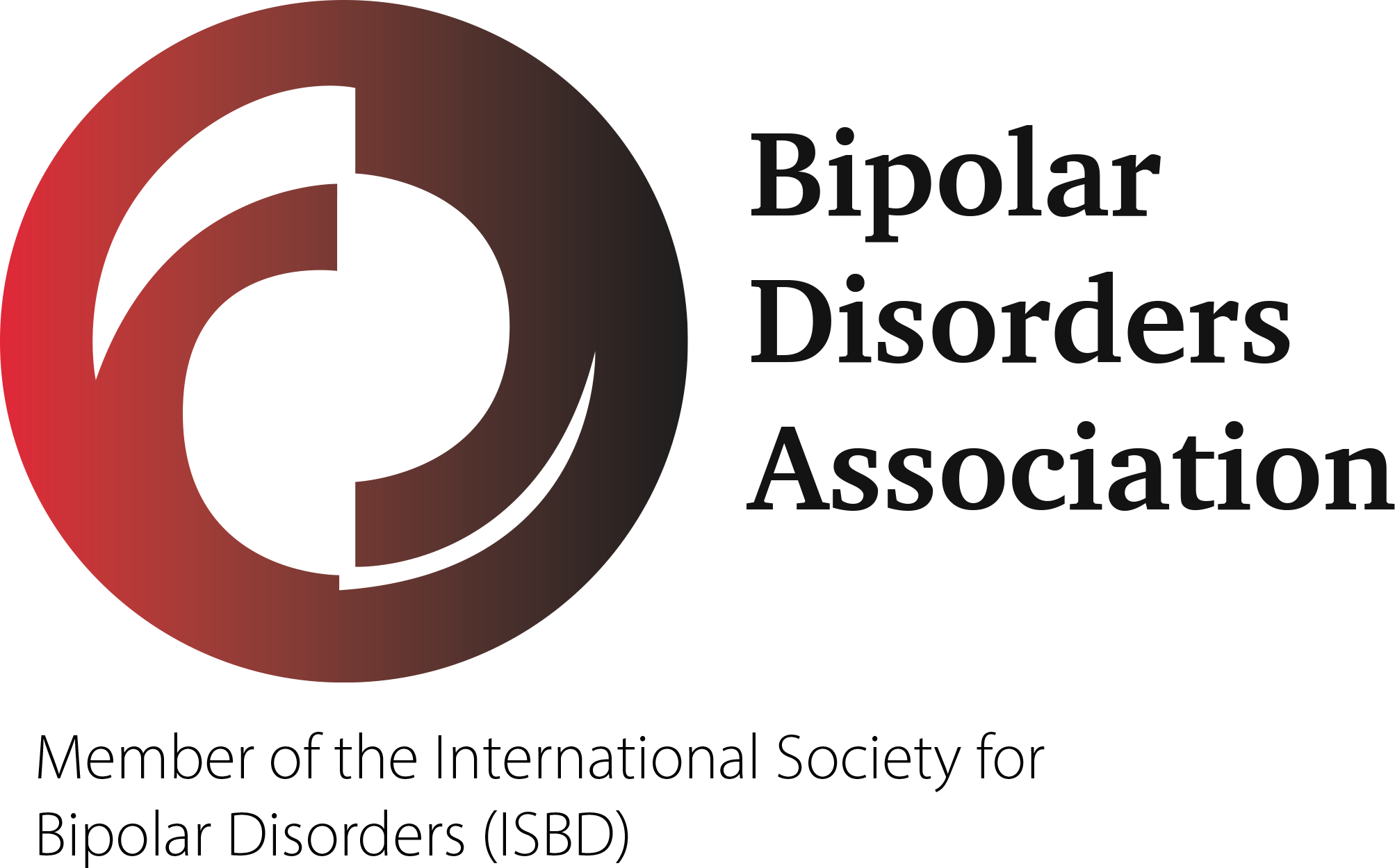





Severity of Dementia Depends on the Rating Scale: Comparison of Mini Mental State Examination and Reisberg Global Deterioration Scale
H. Can1, Ceyla İrkeç2, Sirel Karakaş31Dr., Uludağ Üniversitesi Psikoloji Bölümü Bursa2Prof.Dr., Gazi Üniversitesi Tıp Fakültesi Noroloji Anabilim Dal
3Prof. Dr., Hacettepe Üniversitesi Deneysel Psikoloji Uzmanlık Alanı,TÜBİTAK Beyin Dinamiği Multidisipliner Çalışma Grubu, Ankara
Objective: To compare the neurocognitive processes characteristic to analogous stages of dementia that is rated by using Mini Mental State Examination (MMSE) and Reisberg Global Deterioration Scale (RGDS) and to compare the overlapping of the analogous stages. Method: Sixty volunteers with memory complaints (age: 72.6±9.2; level of education: minimum 5 years; 36 females, 24 males). Diagnosis was made according to DSM-IV and NINCDS-ADRDA. Exclusion criteria: being medicated, neurological and psychiatric disorders other than Azheimer type dementia (ATD), above normal level of depression. Dementia was rated by both MMSE and RGDS. Neurocog nitive processes including attention, memory, cognitive capacity, vocabulary/semantic memory, executive functions were measured using neuropsychological tests that had been extensively studied for the Turkish culture. Results: There was a significant effect of stage of dementia (obtained using MMSE and RGDS) on scores pertaining to attention, memory and cognitive capacity. There was an incomplete overlap of analogous stages of MMSE and RGDS; the same participant could be located in different stages of dementia by the two scales. The pattern of neurocog nitive disorders in consecutive stages of RGDS was consistent with the literature. Meanwhile, in a given RGDS stage, multiple stages of MMSE could be represented. Conclusion: The findings of the present study showed that MMSE should be used with caution when deciding on the dementia stage of patients. Findings further pointed to the necessity for using more than one rating scale when classifying cases into levels of dementia.
Keywords: Key Words: Alzheimer type demantia, mini mental state examination, Reisberg global deterioration scale, dementia staging, neuropsychological processes.
Demans Şiddeti Derecelendirme Ölçeğine Bağımlıdır: Kısa Durum Muayene Testi ile Reisberg Global Bozulma Ölçeğinin Karşılaştırılması
H. Can1, Ceyla İrkeç2, Sirel Karakaş31Dr., Uludağ Üniversitesi Psikoloji Bölümü Bursa2Prof.Dr., Gazi Üniversitesi Tıp Fakültesi Noroloji Anabilim Dal
3Prof. Dr., Hacettepe Üniversitesi Deneysel Psikoloji Uzmanlık Alanı,TÜBİTAK Beyin Dinamiği Multidisipliner Çalışma Grubu, Ankara
Amaç: Kısa Durum Muayene Testi (MMSE) ile Reisberg Global Bozulma Ölçeği (RGBÖ) için elde edilen demans evrelerindeki nöro-bilişsel bozuklukları karşılaştırmak; MMSE ve RGBÖ evrelerinin birbiriyle binişme durumunu incelemektir. Yöntem: Örneklem unutkanlık şikayeti ile başvuran 60 gönüllü katılımcı/olgudan oluşmuştur (yaş: 72.6±9.2; eğitim: en az 5 yıl; 36 kadın, 24 erkek). Alzheimer tipi demans (ATD) tanısı DSM-IV ve NINCDS- ADRDA uyarınca konmuştur. Dışlama ölçütleri ATD dışındaki diğer nörolojik bozukluklar ve/veya psikiyatrik bozuklukları, klinik düzeyde depresyonu içermiştir. Demans derecesi MMSE ve RGBÖ ile ayrı ayrı evre- lendirilmiştir. Nörobilişsel süreçler bellek, bilişsel sığa, sözcük bilgisi/semantik bellek, yönetici işlevleri ölçen, Türk toplumu için ayrıntılı olarak çalışılmış nöropsikolojik testlerle ölçülmüştür. Bulgular: Gerek MMSE ve gerekse RGBÖ evrelerinin bellek, dikkat ve bilişsel sığa ile ilgili tüm puanları üzerindeki etkisi anlamlı bulunmuştur. RGBÖ için ardışık evrelerde elde edilen nörobilişsel bozuklukların örüntüsü, ATD'deki nörodejeneratif bozuklukların ilerleme örüntüsü ile uyumlu olmuştur. MMSE ve RGBÖ ile yapılan evrelerin de binişmediği belirlenmiş; aynı olgunun iki ölçekle farklı evrelere yerleştirilebildiği belirlenmiştir. Tartışma: Bulgular, klinik ortamlarda demansın derecelendirilmesinde tek ölçekle yetinilmeme- si gerektiğini ortaya koymuştur. Anahtar Sözcükler: Alzheimer tipi demans, kısa durum muayenesi testi, global bozulma ölçeği, demansın evre- lendirilmesi, nöropsikolojik süreçler.
Anahtar Kelimeler: Anahtar Sözcükler: Alzheimer tipi demans, kısa durum muayenesi testi, global bozulma ölçeği, demansın evre- lendirilmesi, nöropsikolojik süreçler.
Manuscript Language: Turkish
(3042 downloaded)











